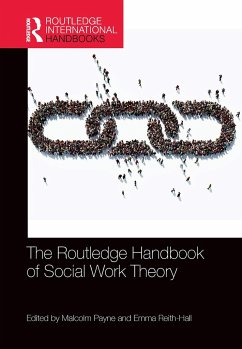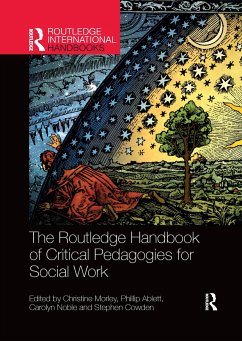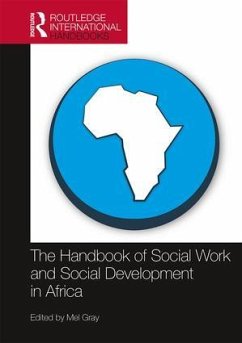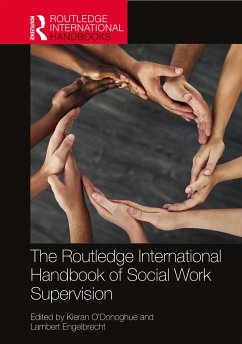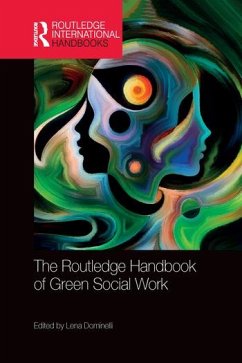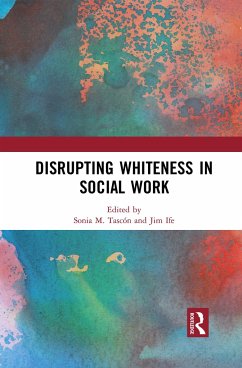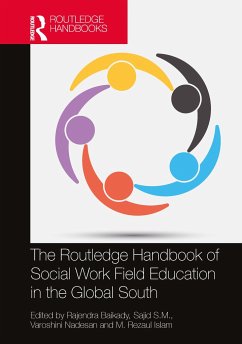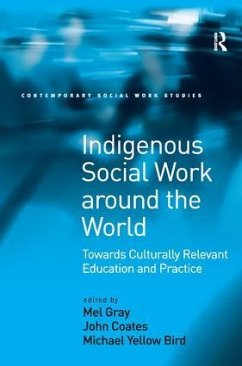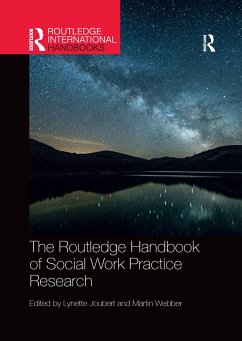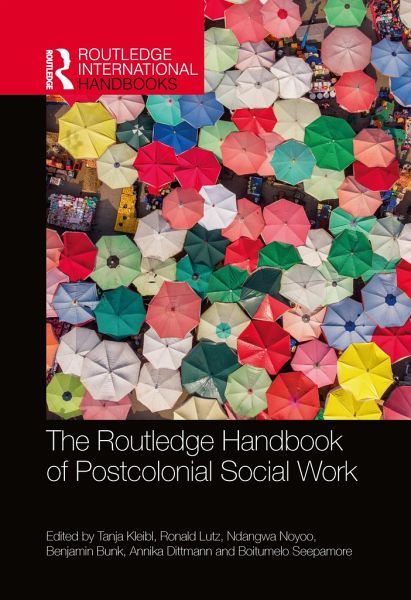
The Routledge Handbook of Postcolonial Social Work
Versandkostenfrei!
Versandfertig in 6-10 Tagen
48,99 €
inkl. MwSt.

PAYBACK Punkte
24 °P sammeln!
The Routledge Handbook of Postcolonial Social Work reflects on and dissects the challenging issues confronting social work practice and education globally in the post-colonial era. By analysing how countries in the so-called developing and developed world have navigated some of the inherited systems from the colonial era, it shows how they have used them to provide relevant social work methods which are also responsive to the needs of a postcolonial setting.This is an analytical and reflexive handbook that brings together different scholars from various parts of the world - both North and Sout...
The Routledge Handbook of Postcolonial Social Work reflects on and dissects the challenging issues confronting social work practice and education globally in the post-colonial era. By analysing how countries in the so-called developing and developed world have navigated some of the inherited systems from the colonial era, it shows how they have used them to provide relevant social work methods which are also responsive to the needs of a postcolonial setting.
This is an analytical and reflexive handbook that brings together different scholars from various parts of the world - both North and South - so as to distill ideas from scholars relating to ways that can advance social work of the South and critique social work of the North in so far as it is used as a template for social work approaches in postcolonial settings. It determines whether and how approaches, knowledge-bases, and methods of social work have been indigenised and localised in the Global South inthe postcolonial era.
This handbook provides the reader with multiple new theoretical approaches and empirical experiences and creates a space of action for the most marginalised communities worldwide. It will be of interest to researchers and practitioners, as well as those in social work education.
This is an analytical and reflexive handbook that brings together different scholars from various parts of the world - both North and South - so as to distill ideas from scholars relating to ways that can advance social work of the South and critique social work of the North in so far as it is used as a template for social work approaches in postcolonial settings. It determines whether and how approaches, knowledge-bases, and methods of social work have been indigenised and localised in the Global South inthe postcolonial era.
This handbook provides the reader with multiple new theoretical approaches and empirical experiences and creates a space of action for the most marginalised communities worldwide. It will be of interest to researchers and practitioners, as well as those in social work education.



